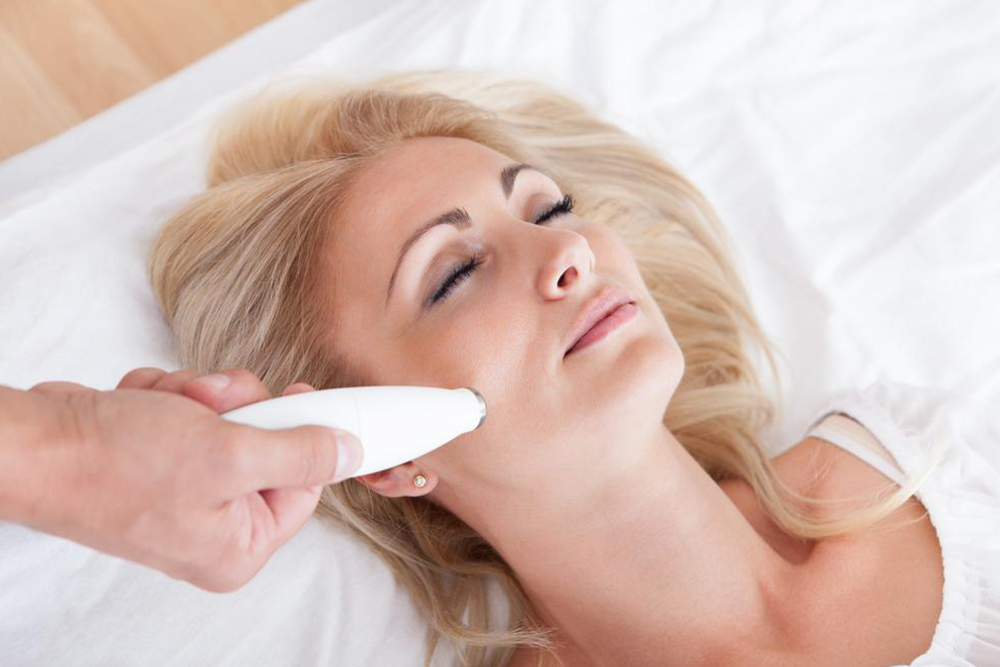Comprehensive Guide to Valid and Invalid Motivations for Cosmetic Surgery
This comprehensive guide explores the valid and invalid motivations behind cosmetic surgery. It emphasizes the importance of genuine personal reasons such as correcting long-standing physical concerns, reducing signs of aging, and boosting confidence. The article also warns against superficial or emotional-driven motivations like seeking external approval or attempting to fix psychological issues. By understanding these distinctions, individuals can make more informed, responsible decisions regarding elective cosmetic procedures, ensuring they align with personal well-being and ethical standards.

Understanding Valid and Invalid Motivations for Cosmetic Surgery
Each year, millions of individuals choose to pursue cosmetic surgery for a diverse array of reasons. These motivations often vary widely, from genuine personal desires to external pressures or superficial influences. As the popularity of elective procedures continues to grow, it's essential to understand what constitutes valid reasons for undergoing such transformations—and conversely, what motivations might be considered inappropriate or unwise.
When contemplating cosmetic procedures, one of the first steps is a thorough consultation with a qualified plastic surgeon. During this process, patients are typically questioned about their motivations for seeking surgery. The sincerity and validity of these reasons can significantly influence the outcome and overall satisfaction with the procedure. Surgeons are trained to assess whether a patient's desire is rooted in authentic self-improvement or driven by external factors like societal standards or peer pressure.
Below, we explore common acceptable (valid) reasons for cosmetic surgery, along with those that are generally viewed as inappropriate (invalid). A clear understanding of these motivations is crucial to making informed, ethical decisions about elective cosmetic procedures.
Valid Reasons for Pursuing Cosmetic Enhancements
One of the most legitimate motivations for undergoing cosmetic surgery is addressing long-standing physical features that have caused personal dissatisfaction. Professionals agree that cosmetic procedures should primarily serve to enhance self-esteem and confidence by correcting or refining aspects of appearance that the individual finds bothersome. This includes fixing a crooked nose, resizing or lifting breasts, removing stubborn or excess fat, or correcting asymmetries. When these concerns impact a person's daily life or emotional well-being, surgery can be a meaningful solution.
Additionally, reducing visible signs of aging is a valid reason, especially in cases where aging impacts an individual's confidence or professional prospects. Procedures such as facelift surgeries, Botox injections, or eyelid lifts are often pursued to maintain a youthful appearance and ensure the individual feels comfortable and confident in their skin. When age-related changes hinder social or professional interactions, targeted cosmetic interventions can significantly improve quality of life.
Feeling more comfortable and confident with one's appearance is another genuine motivation. A desire to enhance self-esteem or self-image, when driven by authentic personal goals rather than external validation, is considered a valid reason to consider cosmetic procedures. However, it's important to approach such motivations with caution to avoid obsessive tendencies or dependency on multiple surgeries to achieve a perceived ideal.
Invalid or Inappropriate Reasons for Cosmetic SurgerySome motivations are widely regarded as unsuitable for pursuing cosmetic surgery. For instance, decisions made primarily to impress or win approval from others can lead to dissatisfaction and a sense of superficiality. Surgery solely to gain external admiration or acceptance often overlooks the importance of genuine self-acceptance and internal well-being. Moreover, the physical risks and financial costs involved mean that such motivations are typically considered superficial and self-defeating.
Relying on cosmetic procedures to address emotional issues—such as depression, anxiety, or low self-esteem—is generally misguided. Surgical interventions do not resolve underlying psychological problems and may sometimes exacerbate feelings of inadequacy if expectations are not realistically managed. It is advisable to seek mental health support alongside or prior to considering cosmetic enhancements if emotional issues are influencing the desire for surgery.
Using cosmetic surgery as a tool to salvage or repair a failing relationship is unwise. Genuine relationships require honest communication, emotional intimacy, and effort rather than physical alterations. Relying on surgery to appease or impress a partner often leads to ongoing dissatisfaction and can hinder personal growth.
Given the significant expenses, recovery time, and health risks associated with cosmetic surgery, it’s essential that individuals have sincere, well-founded reasons. Since outcomes can be long-lasting or permanent, motivations based on fleeting emotions or external pressures are inadequate. Making informed decisions rooted in self-awareness and ethical considerations ensures not only physical satisfaction but also long-term psychological well-being.




